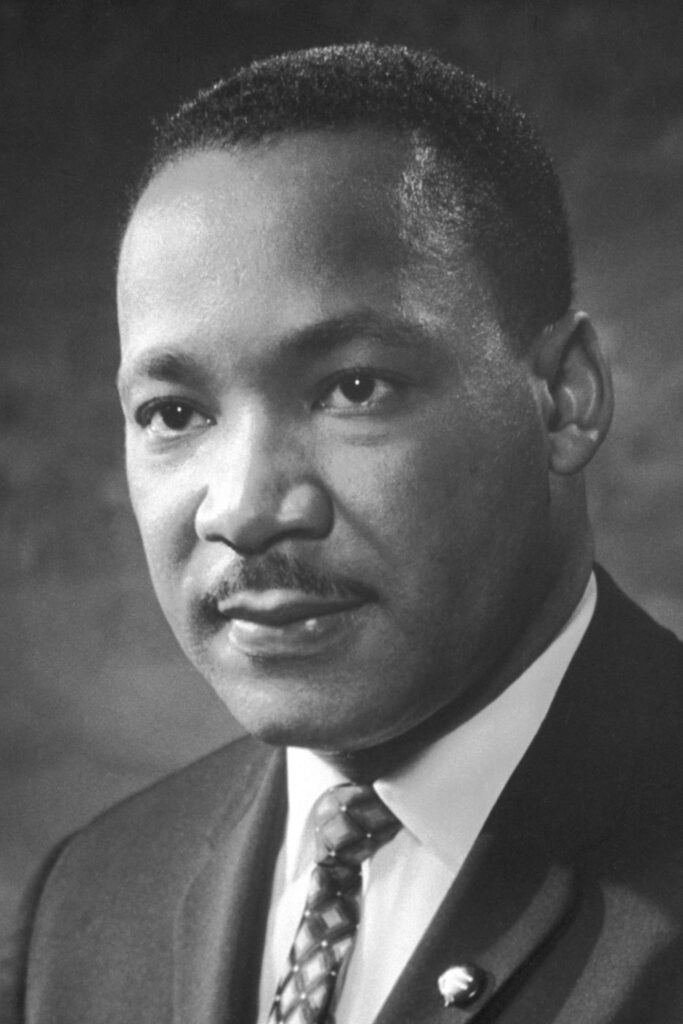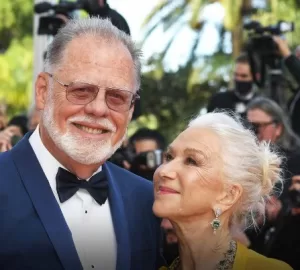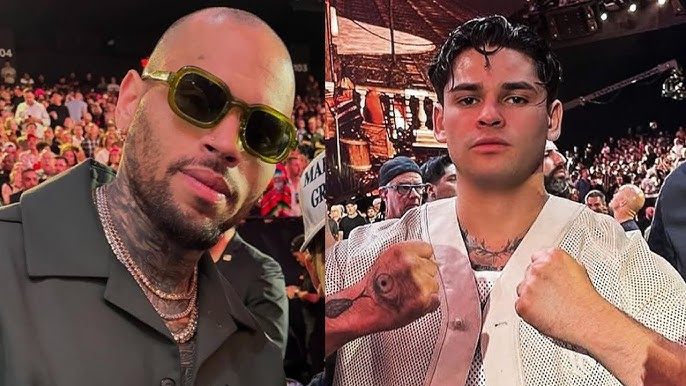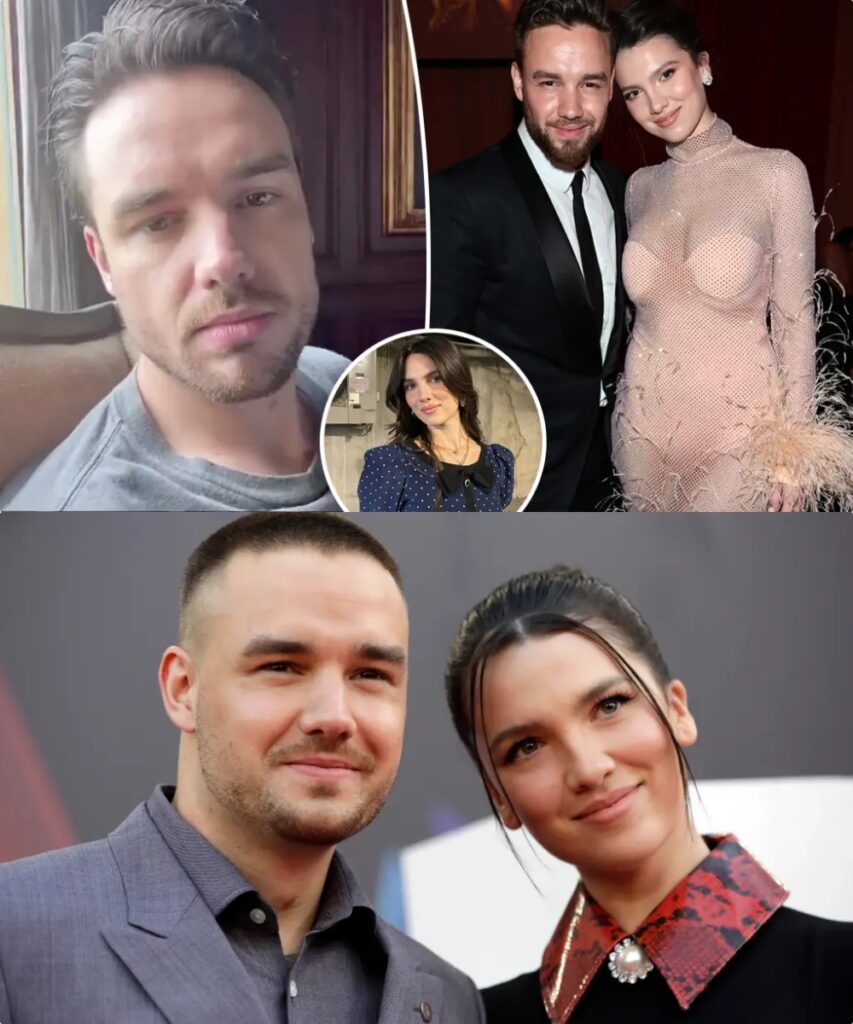Martin Luther King Jr., a towering figure in the civil rights movement, left an indelible mark on history with his tireless advocacy for racial equality and social justice. Delve into these 50 fascinating facts about the life and legacy of Martin Luther King Jr.:
- Early Life: Martin Luther King Jr. was born on January 15, 1929, in Atlanta, Georgia, to Reverend Martin Luther King Sr. and Alberta Williams King.
- Education: King skipped grades nine and twelve and entered Morehouse College at age 15, where he earned a bachelor’s degree in sociology.
- Religious Calling: King was ordained as a Baptist minister in 1947 and later earned a doctorate in systematic theology from Boston University in 1955.
- Montgomery Bus Boycott: King rose to prominence as a civil rights leader during the Montgomery Bus Boycott in 1955-1956, sparked by Rosa Parks’ refusal to give up her seat to a white passenger.
- Nonviolent Resistance: King advocated for nonviolent resistance and civil disobedience as powerful tools for social change, inspired by Mahatma Gandhi’s philosophy of Satyagraha.
- Southern Christian Leadership Conference (SCLC): King co-founded the SCLC in 1957, serving as its first president and mobilizing African Americans in the struggle for civil rights.
- March on Washington: King delivered his iconic “I Have a Dream” speech during the March on Washington for Jobs and Freedom on August 28, 1963, advocating for racial harmony and equality.
- Nobel Peace Prize: In 1964, King became the youngest recipient of the Nobel Peace Prize at the age of 35 for his nonviolent resistance to racial prejudice in America.
- Civil Rights Act of 1964: King’s leadership and activism played a pivotal role in the passage of the Civil Rights Act of 1964, which outlawed segregation and discrimination based on race, color, religion, sex, or national origin.
- Voting Rights Act of 1965: King also championed the Voting Rights Act of 1965, which aimed to overcome legal barriers preventing African Americans from exercising their right to vote.
- Albany Movement: King led the Albany Movement in Albany, Georgia, in 1961, protesting segregation and discriminatory practices in the city.
- Birmingham Campaign: King’s involvement in the Birmingham Campaign of 1963, marked by peaceful protests and civil disobedience, drew national attention to racial injustice in the South.
- Letter from Birmingham Jail: While incarcerated in Birmingham, King penned his famous “Letter from Birmingham Jail,” defending the strategy of nonviolent resistance and urging white moderates to join the cause.
- Assassination Attempt: King survived an assassination attempt in 1958 when he was stabbed by a mentally ill woman while signing copies of his book in Harlem, New York.
- Chicago Freedom Movement: In 1966, King and the SCLC launched the Chicago Freedom Movement, focusing on combating housing discrimination and improving economic conditions for African Americans in Chicago.
- Poor People’s Campaign: King envisioned the Poor People’s Campaign, a multiracial coalition advocating for economic justice and an end to poverty, which culminated in a march on Washington, D.C., in 1968.
- Opposition to Vietnam War: King publicly denounced the Vietnam War in 1967, linking militarism, racism, and poverty in his call for a more just and peaceful world.
- Legacy of Nonviolence: King’s commitment to nonviolence and his message of love and reconciliation continue to inspire movements for social justice and human rights around the world.
- Time Magazine Cover: King appeared on the cover of Time magazine as its “Man of the Year” in 1963, recognizing his role as a central figure in the civil rights movement.
- Freedom Riders: King supported the Freedom Riders, activists who challenged segregation laws by riding interstate buses through the South in 1961.
- Marches in Selma: King led three marches from Selma to Montgomery, Alabama, in 1965 to demand voting rights for African Americans, despite facing violence and opposition from state and local authorities.
- Global Impact: King’s influence extended beyond the United States, inspiring movements for liberation and human rights in countries around the world, including South Africa and India.
- Community Organizing: King emphasized the importance of grassroots organizing and community empowerment, believing in the power of ordinary people to effect meaningful change.
- Family Life: King married Coretta Scott King in 1953, and they had four children together: Yolanda, Martin III, Dexter, and Bernice.
- Legacy of Music: King’s speeches and sermons often incorporated themes of freedom, justice, and equality, inspiring musicians like Stevie Wonder and U2 to write songs in his honor.
- National Civil Rights Museum: The National Civil Rights Museum in Memphis, Tennessee, is housed in the former Lorraine Motel, where King was assassinated on April 4, 1968.
- Selma to Montgomery National Historic Trail: The Selma to Montgomery National Historic Trail commemorates the marches led by King and other civil rights activists in 1965, preserving the legacy of the voting rights struggle.
- King Center: The Martin Luther King Jr. Center for Nonviolent Social Change in Atlanta, Georgia, established by Coretta Scott King, serves as a living memorial to King’s life and work.
- Holiday Recognition: Martin Luther King Jr. Day, observed on the third Monday of January each year, honors King’s birthday and his contributions to the civil rights movement.
- Street Renaming: Numerous streets, schools, and landmarks across the United States have been named in honor of Martin Luther King Jr., reflecting his enduring legacy and impact on society.
- International Recognition: King’s birthday is celebrated as a national holiday in over 100 countries, highlighting his global significance as a champion of human rights and equality.
- Prison Reform: King advocated for criminal justice reform and the rights of incarcerated individuals, speaking out against mass incarceration and advocating for fair and humane treatment of prisoners.
- Interfaith Dialogue: King emphasized the importance of interfaith dialogue and cooperation, fostering relationships with leaders of diverse religious traditions and promoting understanding and solidarity.
- Environmental Justice: King recognized the interconnectedness of social justice and environmental issues, calling for equitable access to clean air, water, and natural resources for all communities.
- Labor Rights: King supported the labor movement and workers’ rights, advocating for fair wages, safe working conditions, and the right to organize and bargain collectively.
- Educational Equity: King championed educational equity and access to quality schooling for all children, believing that education was essential for personal empowerment and social progress.
- Healthcare Advocacy: King spoke out against racial disparities in healthcare and access to medical services, advocating for affordable and accessible healthcare for marginalized communities.
- Integration of Schools: King advocated for the desegregation of schools and equal educational opportunities for African American children, challenging the doctrine of “separate but equal” established by the Supreme Court.
- Fair Housing: King supported fair housing legislation and efforts to combat housing discrimination, believing that access to safe and affordable housing was a fundamental human right.
- Intersectionality: King recognized the intersections of race, class, gender, and other identities in shaping experiences of oppression and discrimination, advocating for an inclusive and intersectional approach to social justice.
- Mental Health Advocacy: King spoke openly about mental health and the importance of destigmatizing mental illness, emphasizing the need for compassionate care and support for individuals struggling with psychological challenges.
- International Peace: King was a vocal advocate for peace and disarmament, calling for an end to war and violence and urging nations to resolve conflicts through dialogue and diplomacy.
- Global Citizenship: King promoted the concept of global citizenship and solidarity, encouraging people to recognize their interconnectedness and responsibilities to one another as members of the human family.
- Literary Legacy: King authored several books and articles, including “Stride Toward Freedom,” “Why We Can’t Wait,” and “Where Do We Go from Here: Chaos or Community?” which continue to inspire readers with their messages of hope and resilience.
- Timeless Quotes: King’s speeches and writings are celebrated for their eloquence and enduring relevance, with iconic quotes like “I Have a Dream” and “Darkness cannot drive out darkness; only light can do that. Hate cannot drive out hate; only love can do that.”
- Social Media Influence: King’s message of justice and equality resonates across social media platforms, with hashtags like #MLKDay and #IHaveADream trending annually on Martin Luther King Jr. Day.
- Educational Resources: King’s life and legacy are studied in schools and universities worldwide, with educators using his speeches, letters, and sermons to teach lessons about activism, leadership, and social change.
- Monuments and Memorials: Monuments and memorials honoring Martin Luther King Jr. can be found in cities across the United States, including the Martin Luther King Jr. Memorial in Washington, D.C., and the MLK Historic Site in Atlanta, Georgia.
- Continued Relevance: King’s teachings continue to inspire new generations of activists and change-makers, reminding us of the ongoing struggle for justice and the importance of standing up against injustice wherever it may be found.
- Living Legacy: Martin Luther King Jr.’s legacy lives on through the countless individuals and movements working to advance the cause of equality, justice, and human rights, keeping his dream alive for generations to come.
Martin Luther King Jr.’s life and legacy serve as a beacon of hope and inspiration for people around the world, reminding us of the power of love, courage, and perseverance in the pursuit of a more just and equitable society.








